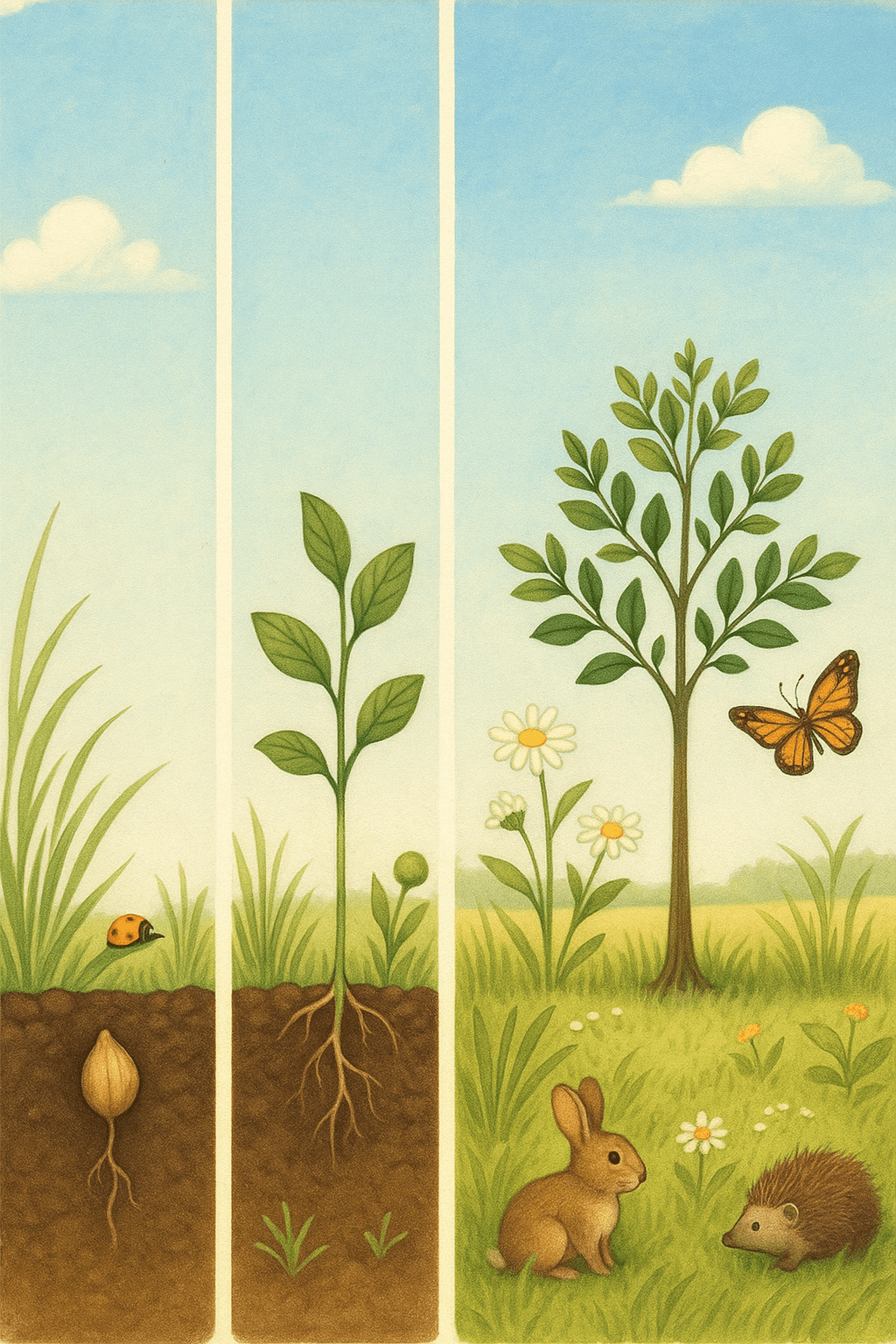Balancing Self-Interest and Responsibility to Others

If I am not for myself, who will be for me? And if I am only for myself, what am I? — Hillel the Elder
—What lingers after this line?
One-minute reflection
What feeling does this quote bring up for you?
Hillel’s Paradoxical Call for Self and Community
Hillel the Elder’s famed maxim introduces a timeless dilemma: how one ought to balance personal interests with social responsibility. With the question "If I am not for myself, who will be for me?" Hillel foregrounds the necessity of self-advocacy, suggesting that neglecting one’s own needs may lead to personal neglect or marginalization. Yet, his follow-up—“And if I am only for myself, what am I?”—immediately tempers this, highlighting the shallow emptiness of self-centered living. This framework establishes the duality at play in any meaningful life.
The Imperative of Self-Care
Expanding on the first phrase, Hillel emphasizes self-care as a prerequisite for meaningful existence. Without actively advocating for our needs, values, and boundaries, we risk dependence on others or being overlooked. This concept resonates in modern psychological discourse on assertiveness and self-respect. For example, psychologist Abraham Maslow, in developing his hierarchy of needs, observed that self-actualization is only possible when basic self-needs are met. Thus, caring for oneself is not selfishness, but the foundation for a purposeful life.
Critique of Pure Self-Interest
Flowing naturally from the need for self-care, Hillel’s second question warns against absolute self-interest. Living solely for one’s own advancement renders life isolating and ethically impoverished. History offers stark illustrations of this: in Ayn Rand’s philosophy of Objectivism, unbridled self-focus is elevated as a virtue, but critics point out this can foster alienation and undermine the social fabric. Hillel’s words argue for a more measured approach, where the self is important—but not at the expense of collective wellbeing.
Moral Identity Through Altruism
By asking, ‘What am I?’ Hillel invites reflection on moral identity—and suggests that altruism is vital to our sense of self. Philosophers such as Martin Buber in 'I and Thou' (1923) echo this sentiment, emphasizing the relational dimension of human existence. To be 'only for myself' is to deny the profound interdependence that shapes our humanity. In volunteering, helping neighbors, or supporting a friend, people find meaning that extends beyond their own interests.
Striking the Delicate Balance
Ultimately, Hillel’s dictum encourages a dynamic equilibrium between self-regard and concern for others. Navigating this tension is a lifelong task, as highlighted in various traditions from Aristotle’s ‘golden mean’ to contemporary ethics of care. Real-life stories abound: leaders who blend personal ambition with civic duty, or families balancing individual needs with collective support. In living out Hillel’s wisdom, we cultivate not just a sense of purpose, but a more just and compassionate world.